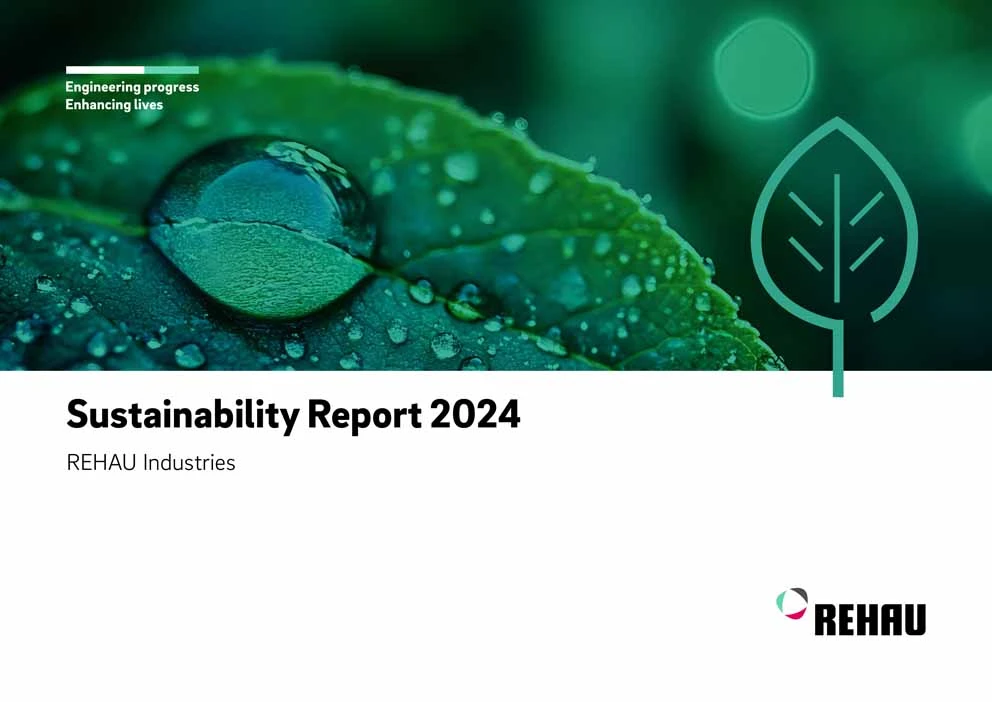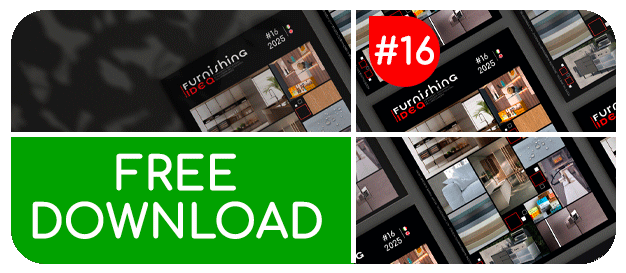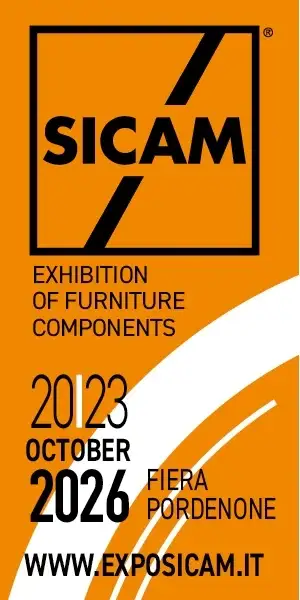
- 05/09/2025
- Economy, News and Fairs
Rehau Industries, an international group specializing in polymer processing, has published its tenth Sustainability Report, highlighting the achievements of 2024 and setting ambitious new goals.
The 2024 Sustainability Report clearly demonstrates that innovation is the driving force behind the Group’s circular economy strategy, offering partners and customers new business models for lasting, sustainable success and tangible, reliable solutions to tackle future challenges such as the EU Green Deal and taxonomy regulations.
2024 Sustainability Report: Key Highlights
Among the most significant figures in the Sustainability Report 2024, prepared in line with standards that anticipate the Corporate Sustainability Reporting Directive (CSRD), is the ongoing optimization of processes for material reuse. This commitment has resulted in 18% recycled content being used in the production of new products, with a goal of reaching 20% by the end of this year.
Additionally, the Group has achieved a 58% reduction in Scope 1 and Scope 2 emissions compared to 2018, thanks in large part to investments in a wind energy PPA project. Today, 68% of Rehau Industries’ electricity needs are met through renewable energy sources.
Innovation and Circularity Across Divisions
A leader in sustainability within the Group is Rehau Window Solutions, which regenerates over 70,000 tons of used PVC annually, with more than 60% of its total production volume made from recycled material. A pioneer in closed-loop circular economy practices in the window solutions industry, this division’s unique reuse approach reduces CO₂ emissions by 88% compared to virgin PVC production.
Rehau Building Solutions, Rehau Interior Solutions, and Rehau Industrial Solutions are also deeply committed to implementing climate and sustainability strategies aimed at reducing emissions across all scopes. These divisions are increasing the share of renewable energy used to meet their energy needs and incorporating a growing amount of recycled materials into their polymer-based solutions. While Rehau Building Solutions takes a holistic approach to sustainability, Rehau Interior Solutions focuses on developing forward-thinking products and innovative digital services. Both divisions have recognized the value of material recovery, making it a central part of their strategies through take-back programs designed to reintegrate unused, post-industrial, and post-consumer materials into production cycles.


 en
en  Italian
Italian French
French German
German Spanish
Spanish Portuguese
Portuguese








